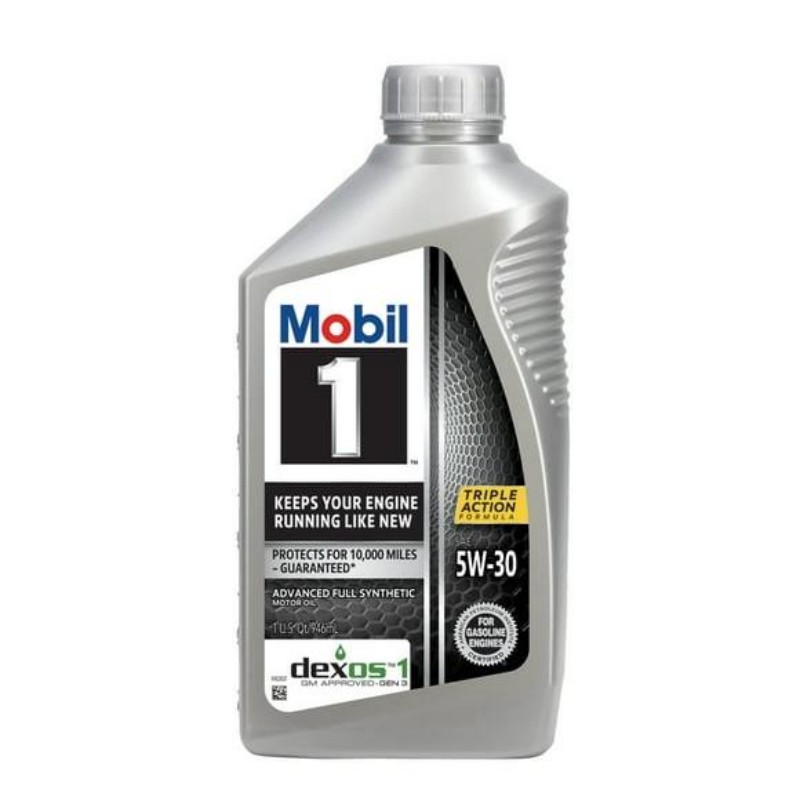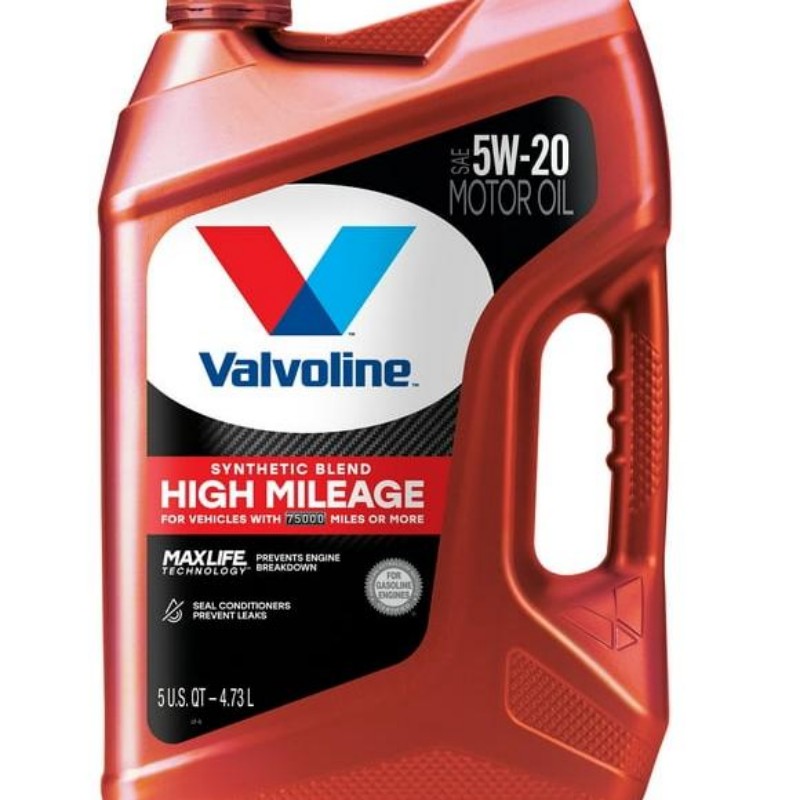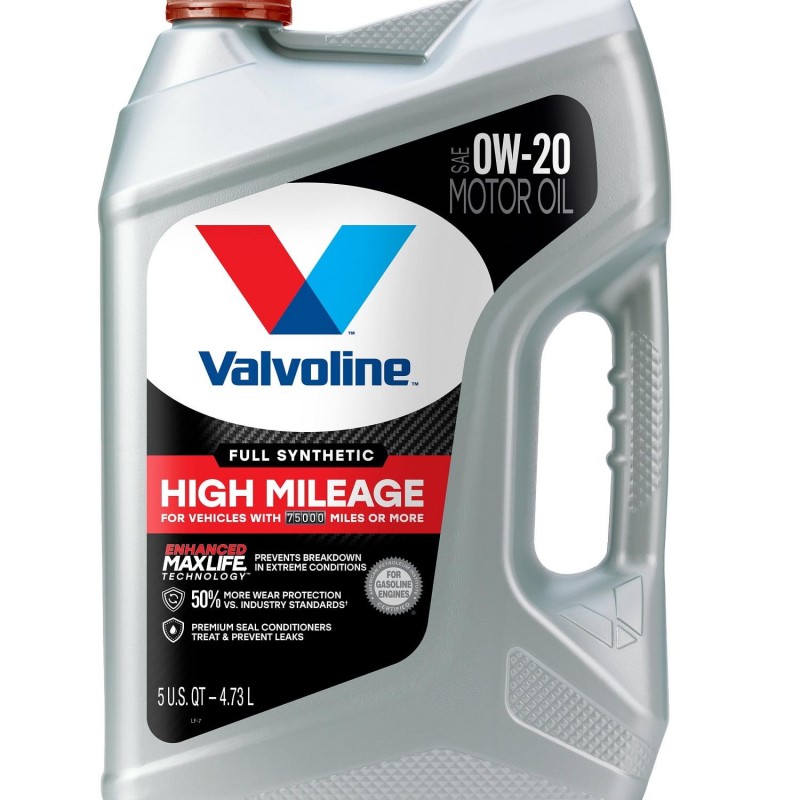Selecting the appropriate engine oil is crucial in maintaining the performance and longevity of your vehicle. Engine oil serves several essential functions, including reducing friction among moving parts, aiding in cooling, and helping to clean the engine by trapping pollutants. However, with the myriad of engine oil types available today, you might find yourself asking, “How to choose the right engine oil for my car?” Understanding your vehicle’s specific requirements is essential, as using the wrong oil can lead to decreased performance and even engine damage. In this comprehensive guide, we will delve into the various engine oil types, viscosity ratings, and the factors to consider when making your choice. Moreover, we’ll explain how different engine oils impact the performance of your vehicle. By the end of this article, you will have the knowledge you need to make an informed decision, ensuring your engine runs smoothly and efficiently.

Understanding Engine Oil
Before exploring how to choose the right engine oil for your car, it’s important to understand what engine oil is and the different types available.
The Purpose of Engine Oil
Engine oil plays a critical role in the functioning of your vehicle’s engine. Its primary functions include:
- Lubrication: Reduces friction between the engine’s moving parts, minimizing wear and tear.
- Cooling: Helps dissipate heat generated from engine operation, preventing overheating.
- Cleaning: Picks up deposits and contaminants within the engine, preventing sludge buildup and enhancing longevity.
Types of Engine Oil
Engine oils come in various types, each formulated for unique performance characteristics.
- Conventional Oil: The most basic form of engine oil, derived directly from crude oil, suitable for light-duty and older engines.
- Synthetic Oil: Engineered in laboratories, synthetic oils offer superior performance, better resistance to breakdown, and enhanced protection.
- Synthetic Blend Oil: A blend of synthetic and conventional oils, providing some benefits of synthetic oil at a lower cost.
- High Mileage Oil: Specifically formulated for vehicles with over 75,000 miles, these oils contain additives that help rejuvenate engine seals and reduce oil consumption.
Essential Factors to Consider
Now that you understand the various types of engine oil, you need to consider essential factors that will influence your choice. Here are some key aspects to evaluate:
Vehicle Manufacturer’s Recommendations
First and foremost, always consult your vehicle’s owner manual. Manufacturers provide specific recommendations regarding the type of oil that should be used based on the engine’s design and requirements.
- Oil Type: Check whether your manufacturer recommends conventional, synthetic, or a blend.
- Viscosity Rating: Your manual will specify the viscosity rating, which affects how the oil flows at different temperatures.
Climate and Driving Conditions
The climate and driving conditions you typically face can considerably affect your engine oil choice.
- Cold Climates: In colder regions, you might want to opt for oil with lower viscosity ratings at lower temperatures (for instance, 0W-30), as it helps the oil flow more easily during cold starts.
- Hot Climates: Conversely, in hotter climates, higher viscosity oils (like 10W-40) provide better protection against heat and reduce the risk of oil breakdown.
Driving Style
Your driving style can impact how your engine oil performs.
- Aggressive Driving: Frequent high-speed driving or off-roading can generate more heat and increase wear on engine components, warranting synthetic oils that can withstand extreme conditions.
- Normal Commutes: If you primarily engage in normal commutes with moderate speeds, conventional or synthetic blend oils may be adequate.
Understanding Viscosity Ratings
Understanding viscosity ratings is crucial for choosing the right engine oil for your car. Viscosity refers to the thickness of the oil and its ability to flow at different temperatures.
What Do Viscosity Ratings Mean?
Engine oils use a grading system established by the Society of Automotive Engineers (SAE) to indicate their viscosity.
- Single Viscosity Oils: These oils have one number (e.g., SAE 30). They perform well at high temperatures but may not provide the same protection during cold starts.
- Multi-Viscosity Oils: These oils use a two-number system (e.g., 5W-30), which indicates the oil’s viscosity in cold temperatures (the ‘W’ stands for winter) and its performance at higher temperatures.

Choosing the Right Viscosity
- Low-Temperature Performance: The first number (e.g., 5 in 5W-30) indicates the oil’s effectiveness in cold weather. A lower number means better performance during cold starts.
- High-Temperature Performance: The second number (e.g., 30 in 5W-30) represents the oil’s viscosity at operating temperatures. Higher numbers provide better protection at high temperatures.
Engine Oil Additives
Many engine oils come with various additives that enhance performance and protection. Understanding these additives can aid in selecting the right oil.
Types of Additives
- Detergents: Help keep the engine components clean by neutralizing acids and preventing sludge buildup.
- Dispersants: Help keep contaminants suspended in the oil, preventing them from settling on critical engine parts.
- Anti-Wear Agents: Form a protective film on engine components to reduce friction and wear during operation.
- Viscosity Index Improvers: Help oil maintain a consistent viscosity across varying temperatures, enhancing performance in extreme conditions.
Importance of Additives
The presence of these additives in engine oil can significantly impact engine performance and longevity. When choosing engine oil, look for products with high-quality additives tailored to your specific driving conditions.
Synthetic vs. Conventional Oils
When deciding how to choose the right engine oil for your car, comparing synthetic and conventional oils becomes essential.
Synthetic Oil
- Advantages: Synthetic oils offer superior protection, better performance in extreme temperatures, and exhibit greater resistance to oxidation.
- Longevity: Generally, they last longer than conventional oils, requiring fewer oil changes over time.
- Cost: Synthetic oils typically cost more than conventional oils but can save money in the long run due to extended intervals between changes.
Conventional Oil
- Cost-Effective: Generally, conventional oils price lower than synthetic options, making them a suitable choice for budget-conscious consumers.
- Regular Changes: They may require more frequent oil changes, especially under demanding driving conditions, due to their shorter lifespan.
Making the Choice
If your vehicle manufacturer recommends synthetic oil, using it can yield several benefits. Conversely, if you don’t drive in extreme conditions, conventional oil can suffice.
Checking Oil Levels and Condition
Regularly monitoring your engine oil levels and condition is essential for optimal engine performance. Here’s how you can effectively do this:
Checking Oil Levels
- Warm Up the Engine: Run your vehicle for a few minutes to warm up the engine. This helps the oil circulate and provides a more accurate reading.
- Turn Off the Engine and Wait: Allow the engine to cool down for a few minutes before checking the oil level.
- Use the Dipstick: Remove the dipstick, wipe it clean, and insert it back into the tube. Then, pull it out again to check the oil level.
Assessing Oil Condition
- Color and Clarity: Fresh oil typically appears amber and clear. If the oil looks dark, dirty, or has a milky texture, it might indicate contamination that requires a change.
- Texture: Rub a small amount of oil between your fingers to feel for grit, which indicates contaminants. If you feel any debris, consider changing the oil.
When to Change Your Engine Oil
Knowing when to change your engine oil is crucial for maintaining engine health. While many car manufacturers provide specific intervals, here’s a general guideline:
Based on Mileage
- Traditional Interval: Historically, the recommendation has been to change the oil every 3,000 miles. However, modern engines and oils often allow for longer intervals.
- Extended Interval: Many newer vehicles and high-quality synthetic oils can go 7,500 to 10,000 miles or more between changes, depending on driving conditions.
Based on Time
- Time Considerations: Even if you don’t drive often, replacing oil every six months to a year remains essential. Oil can degrade over time, losing its effectiveness regardless of mileage.
Special Circumstances
- Towing and Heavy Loads: If you frequently tow trailers or carry heavy loads, consider changing the oil more frequently due to increased engine strain.
- Extreme Conditions: Driving in extreme temperatures, aggressive driving, or stop-and-go traffic can add stress to your engine, necessitating more frequent oil changes.
Common Myths About Engine Oil
With so much information available, separating fact from fiction about engine oil can be challenging. Here are some common myths debunked:
Myth: All Engine Oils Are the Same
- Reality: Engine oils vary widely in composition, performance, and suitability for different engines. Using the wrong oil can affect engine performance and longevity.
Myth: You Only Need to Change Engine Oil When the Light Comes On
- Reality: Oil change lights may not accurately reflect oil condition. It’s essential to follow manufacturer recommendations and regularly check oil levels and quality.
Myth: Mixing Different Oil Types is Fine
- Reality: While mixing synthetic and conventional oils technically isn’t harmful, it can dilute the benefits of synthetic oil. Stick to one type for optimal performance.

Conclusion: Choosing the Right Engine Oil Wisely
Understanding how to choose the right engine oil for my car is crucial for maintaining the vehicle’s performance, longevity, and reliability. Engine oil serves critical purposes, including lubrication, cooling, and cleaning, and its importance cannot be overstated.
Throughout this guide, you’ve learned about the different types of engine oils available and the factors to consider, such as your vehicle manufacturer’s recommendations, climate, driving conditions, and more. You also gained insights into viscosity ratings, oil additives, and the distinctions between synthetic and conventional oils.
Monitoring oil levels and knowing when to change your oil further empowers you to take control of your vehicle’s health. By debunking common myths about engine oil, you are now well-equipped to make informed choices that suit your vehicle’s needs.
In summary, choosing the right engine oil is more than just a mechanical necessity; it is a crucial aspect of vehicle maintenance. Armed with this knowledge, you can maintain optimal engine health, prolong the life of your vehicle, and ensure smooth performance for years to come.
Tags: engine oil types, how to choose the right engine oil for my car, maintaining your vehicle's oil